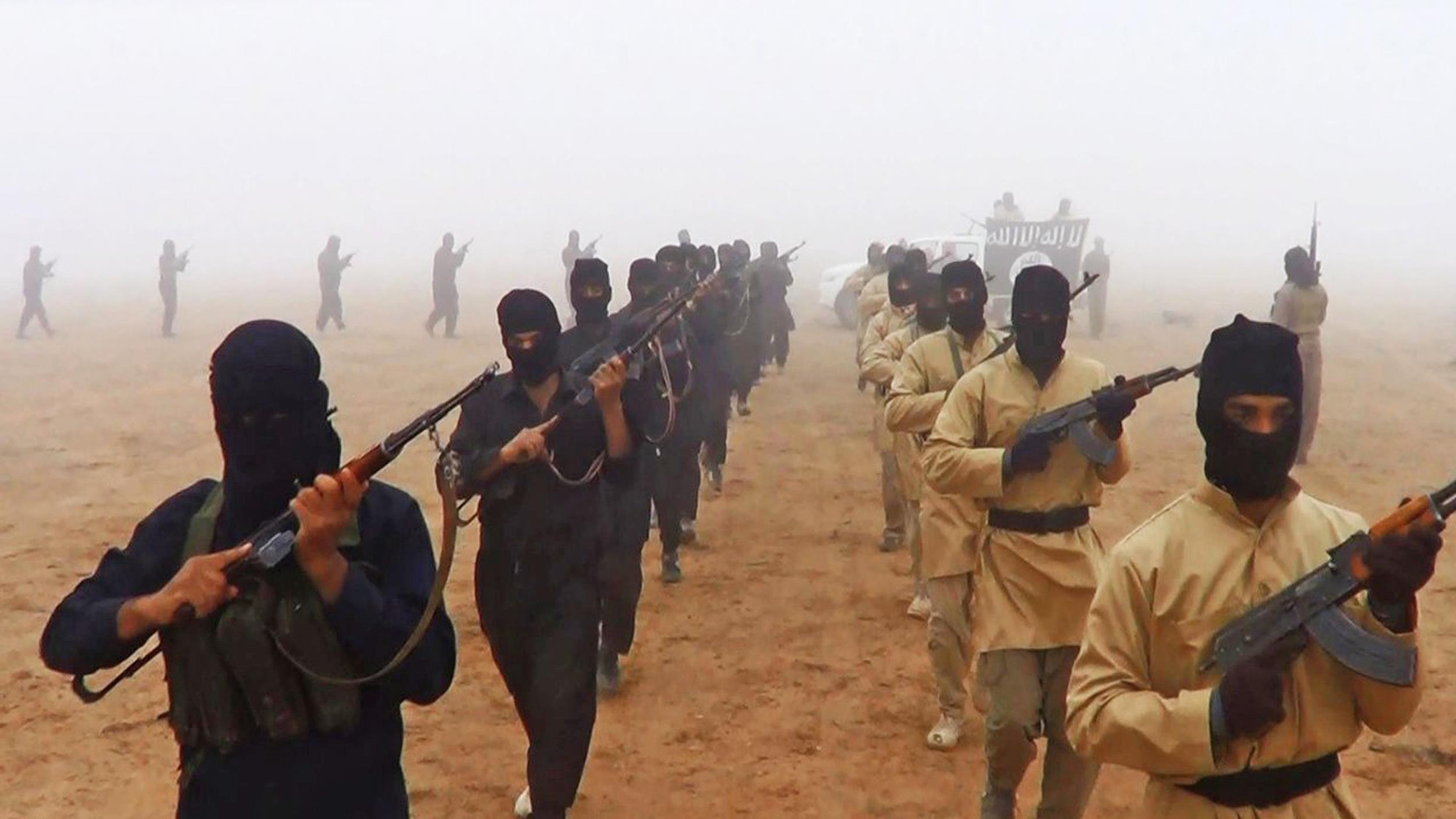
Moscow Appears to Be Playing a Most Dangerous Game With the Islamic State
Publication: Eurasia Daily Monitor Volume: 12 Issue: 122
By:

In the wake of terrorist attacks by the Islamic State (IS) across the Middle East and Europe, Russian diplomats and the Kremlin-controlled media have been working overtime to suggest that the West will not be able to contain IS unless it secures Moscow’s cooperation. And Western countries will, presumably, only be able to achieve such cooperation by first lifting sanctions and making other concessions to the Russian government (for an example, see Svpressa.ru, June 28). Most commentators have suggested that the Kremlin is simply taking advantage of an opportunity presented by events outside of its control. But there are five compelling reasons to think that more may be involved and that the Russian special services have entered into a deal with the Devil, one intended to achieve their ends but that—as the experience of other countries suggests—is likely to backfire.
First of all, there is an international tradition by non-Muslim countries of seeking to employ Muslims of various political stripes to promote their own goals. The Germans and British both tried to do so in World War I. The Soviets did so after the October Revolution and again during World War II. And perhaps most infamously, the Americans did so in Afghanistan in the 1980s, when the United States employed Osama bin Laden and other Islamists to counter the Soviet invasion of that Muslim country. Consequently, if Russian security services did have contact with Islamist groups, that would be no great surprise.
But evidence suggests that the Russian security services’ role may be even larger than simply making contact. At least some in Russia’s Islamic community believe that IS has nothing to do with genuine Islam but rather is a ploy by one or another intelligence service. One Muslim community leader who believes that is Rushan Abbyasov, the deputy chairman of the Council of Muslims of Russia (SMR). Abbyasov uses a curious locution when speaking about the Islamic State: “It is not excluded that [IS] is the project of some big special services, including those of the West as well.” His addition of the last phrase strongly suggests that he believes at least the Russian security services have been involved in the genesis of IS (Islamrf.ru, June 29).
Second, as Russian analyst Andrey Piontkovsky points out, “It is well known that, traditionally, both the Soviet KGB and the Russian FSB [Federal Security Service] have had a definite influence on Islamic [sic] radicals.” On occasion, Piontkovsky alleges, Moscow’s security services have even provided Islamist radicals with safe haven in Russia itself, as they did in the case of the brother of the recently convicted Boston Marathon bomber (Kasparov.ru, June 29). Moscow would certainly expect something in return for undertaking similar actions, including but not limited to acquiring a voice in IS decision making. That is all the easier to imagine because of the hundreds of Russian citizens now in the ranks of the Islamic State—at least some of whom, again almost certainly, are intelligence officers working under cover, Piontkovsky concludes.
Third, Moscow quite publicly allied itself with former Baathists in Iraq, who became the core of the original Islamic State movement, as part of an effort to spark divisions within separatist groups inside Syria and to weaken US influence in the region. It would be rather surprising if this public stance was not accompanied by covert contacts. Such contacts would surely be used to gather intelligence. Moreover, by cooperating, these direct contacts could be used to guide the Islamic State in directions Moscow would like to see it go or, equally importantly, to divert IS away from undertakings that the Russian government does not approve of.
This is precisely what seems to be taking place now. As the Islamic State’s attacks have spread across the Middle East and Europe, hitting US allies, a Russian news outlet has noted that there have not been any IS attacks in the unsettled North Caucasus for the last eight months (Kavkazsky Uzel, June 29). Furthermore, a Polish study noted that there was far less IS activity in Central Asia than many have expected (RFE/RL, June 24). The threat that such attacks may come is certainly a useful adjunct to Russian policy makers; but any actual attacks in either of these places are clearly not in Moscow’s interest.
Fourth, Russian commentators close to the government have gone out of their way to suggest that the Islamic State is not a threat to Russia now, although they acknowledge that it could become one (see, for example, Stoletie.ru, June 29). That confidence could reflect either inside knowledge or even a controlling influence; either way, it points to a larger likely Russian involvement in IS than Moscow admits.
And fifth, Vladimir Putin has historically benefitted from the timing of terrorist attacks since being named Boris Yeltsin’s successor. The blowing up of the apartment blocks in 1999, which reignited the war in Chechnya was only the first such example. That action almost certainly was arranged by the FSB (John B. Dunlop, The Moscow Bombings of September 1999: Examinations of Russian Terrorist Attacks at the Onset of Vladimir Putin’s Rule, Stuttgart: Ibidem, 2012; David Satter, Darkness at Dawn: The Rise of the Russian Criminal State, Yale University Press, 2003; Alexander Litvinenko and Yuri Felshtinsky, Blowing Up Russia: Terror From Within, London: Gibson Square Books, 2007; “Putin’s Way,” Frontline, PBS, January 13, 2015). Subsequently, he has either been very lucky or very much involved with those carrying out terrorist attacks on Russian soil. And now, the new wave of terrorism by IS works to Putin’s advantage given his problems in Ukraine. As Piontkovsky puts it, it certainly appears that “terrorist acts always work in the Kremlin’s favor” (Kasparov.ru, June 29).
To suggest that the Russian security services are involved with IS does not mean that they control it either in whole or in part. Such groups are typically beyond the complete control of others. Nor does it mean that Moscow bears responsibility for any particular IS terrorist act, however much Russian officers may be involved. But it does mean one thing that everyone, including those in the Kremlin, should be mindful of: such involvement can often blow up in the face of those who think it is a good idea at the time, a lesson that the US learned two decades ago with Osama bin Laden.




